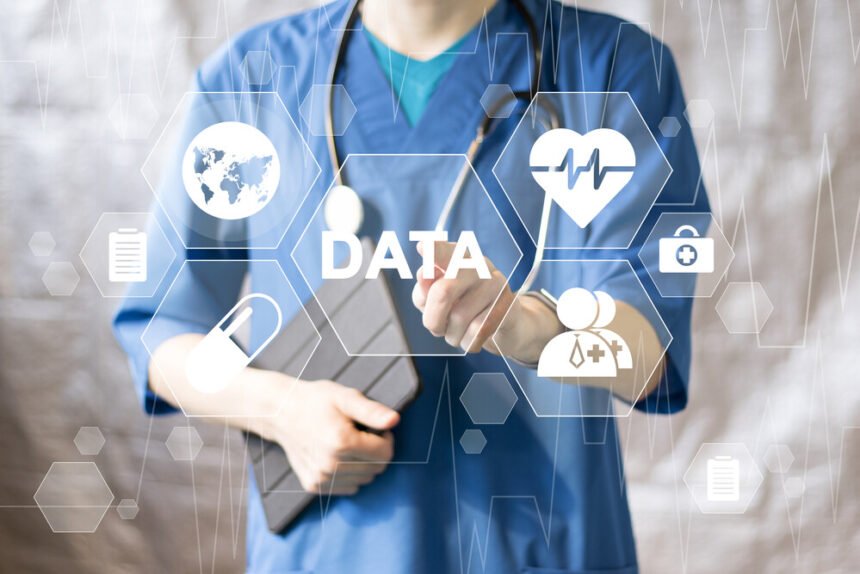When it comes to maintaining our health, we have never been more invested in it than we are right now. We are surrounded by healthcare products and systems, and we are taking advantage of them when we need them. This is an overwhelmingly positive thing. We do everything we can to improve our health. We invest in essential oils when we have headaches and trouble sleeping. We exercise more than we ever have. We have more of a keen interest and preoccupation with our dietary intake. We surround ourselves only with the people that we love and that love us. And now, we are using technologies and digitalisation to enhance that self-care and collective healthcare more on a global scale. Healthcare is being revitalised, and big data is pioneering that rejuvenation. The last ten years have seen a tremendous impact of big data around the world, with healthcare being one of the most profoundly impacted industries of them all. The ease and efficiency of big data in healthcare cannot be overstated, and we are realising this more and more. It has taken some time for the healthcare industry to embrace technological advancement and digitalisation, but the time has finally come where it has proven its worth enough to be considered a crucial aspect of healthcare going forward. There are many ways that big data is impacting healthcare, but there are three that are making big waves right now.
Enhancing privacy and security
There is no type of data that is more personal than our medical data. For this reason, having extremely secure safeguards in place is crucial to the security of sensitive personal information. Unfortunately, studies have shown that cyber criminals make more money off healthcare information than their standard credit card fraud, and so the need for secure systems is not just a precautionary bonus, but a crucial necessity. A nationwide study reported the following: ?70 percent of respondents were concerned that sensitive personal medical record information might be leaked because of weak data security, 69 percent expressed concern that there could be more sharing of medical information without the patient?s knowledge, and 69 percent were concerned that strong enough data security will not be installed in the new computer system?. This shows that patients are being increasingly aware ? as consumers ? how their data is being harvested and do look into security when choosing a healthcare provider. This is why it is important for clinics or hospitals to invest in software which will be able to keep sensitive information private and also assure their patients that their data will not be compromised or taken advantage of.
Understanding patients as early as possible
Big data is being used in the medical field to understand individual patients as they come into the system. In identifying key aspects of their lives and their bodies as early as possible, they can pick up on warning signs of serious illnesses. The goal is to pick up on these warning signs early enough that treatment is simpler and less expensive than it currently is, than it can get if the warning signs are not picked up on before the issue reaches later stages. Therefore, it is important for hospitals to have a secure platform where they are able to access this data for medical purposes. It can help save lives, especially in rare conditions or illnesses.
Using big data in treatment decisions and even clinical trials
Big data is already being put to active and positive use in treatments and clinical trials. In fact, it is even likely that the pills, creams, sprays, or other treatments that we are offered when we have an ailment are designed with the help of big data. The hope in the not-so-distant future is that big data application and utilisation will be used to assist in breakthroughs and medical discoveries that can and will go on to have substantial positive impact on the world and those who are diagnosed.
Big data for predicting trends
The medical world often sees breakouts which are seemingly random, but through the use of big data, it is able to help predict when hospitals will see higher admission rates and curb any potential problems of being understaffed. This lowers wait times and in effect, helps patients get better care. When used correctly, big data is able to benefit humankind, especially in the healthcare sector. From preventing opioid abuse to improving patient outcomes, big data has a crucial role to play in bettering the healthcare system.

